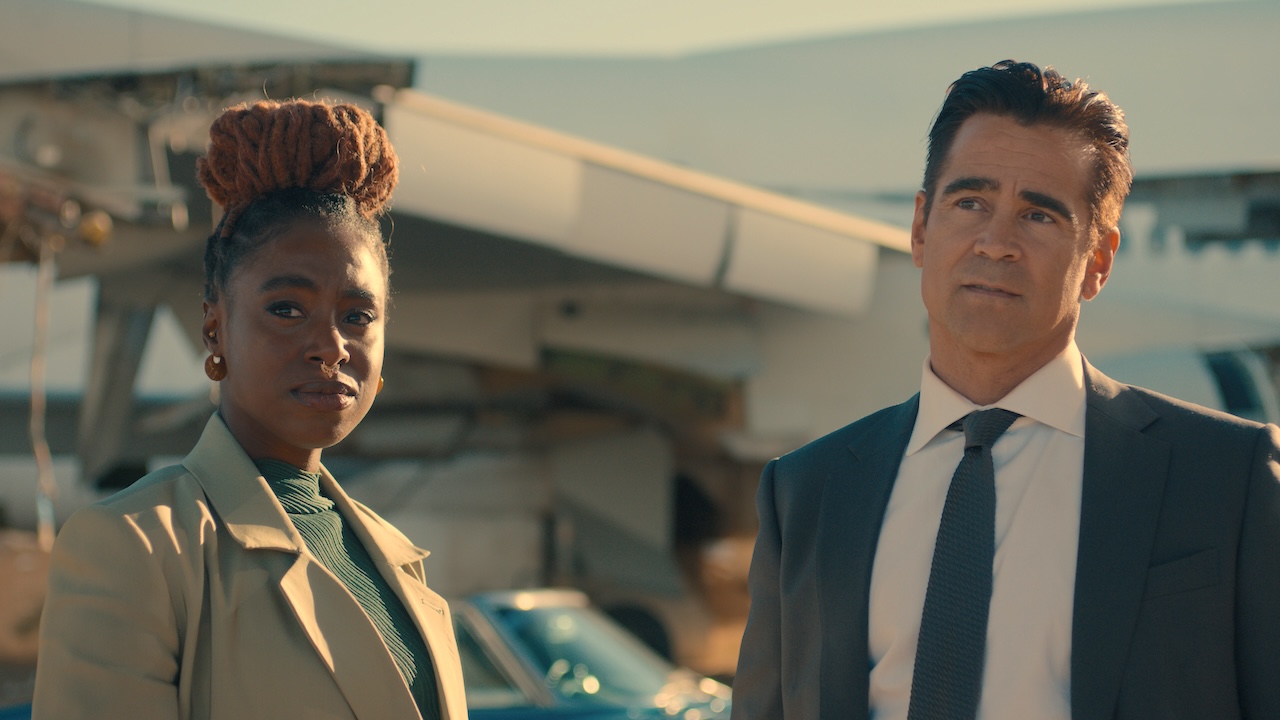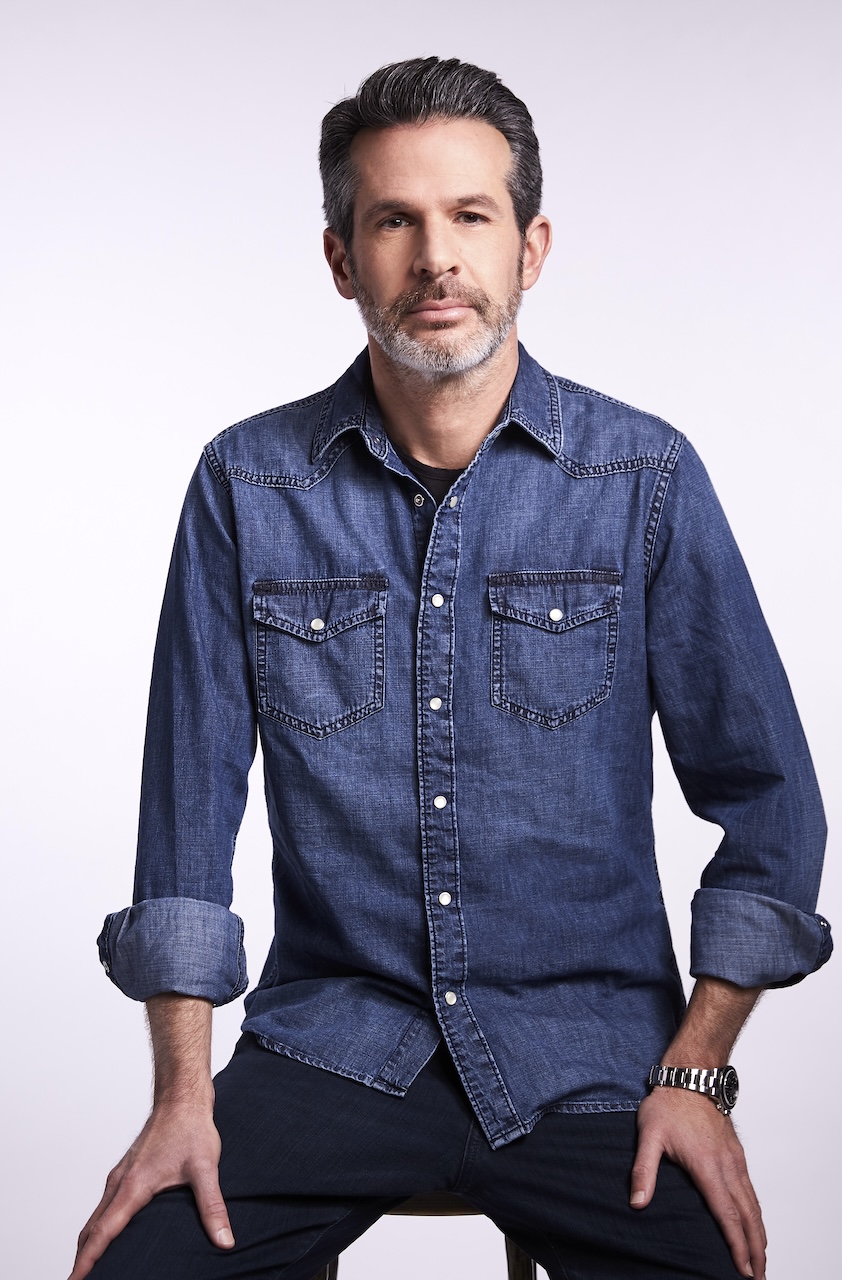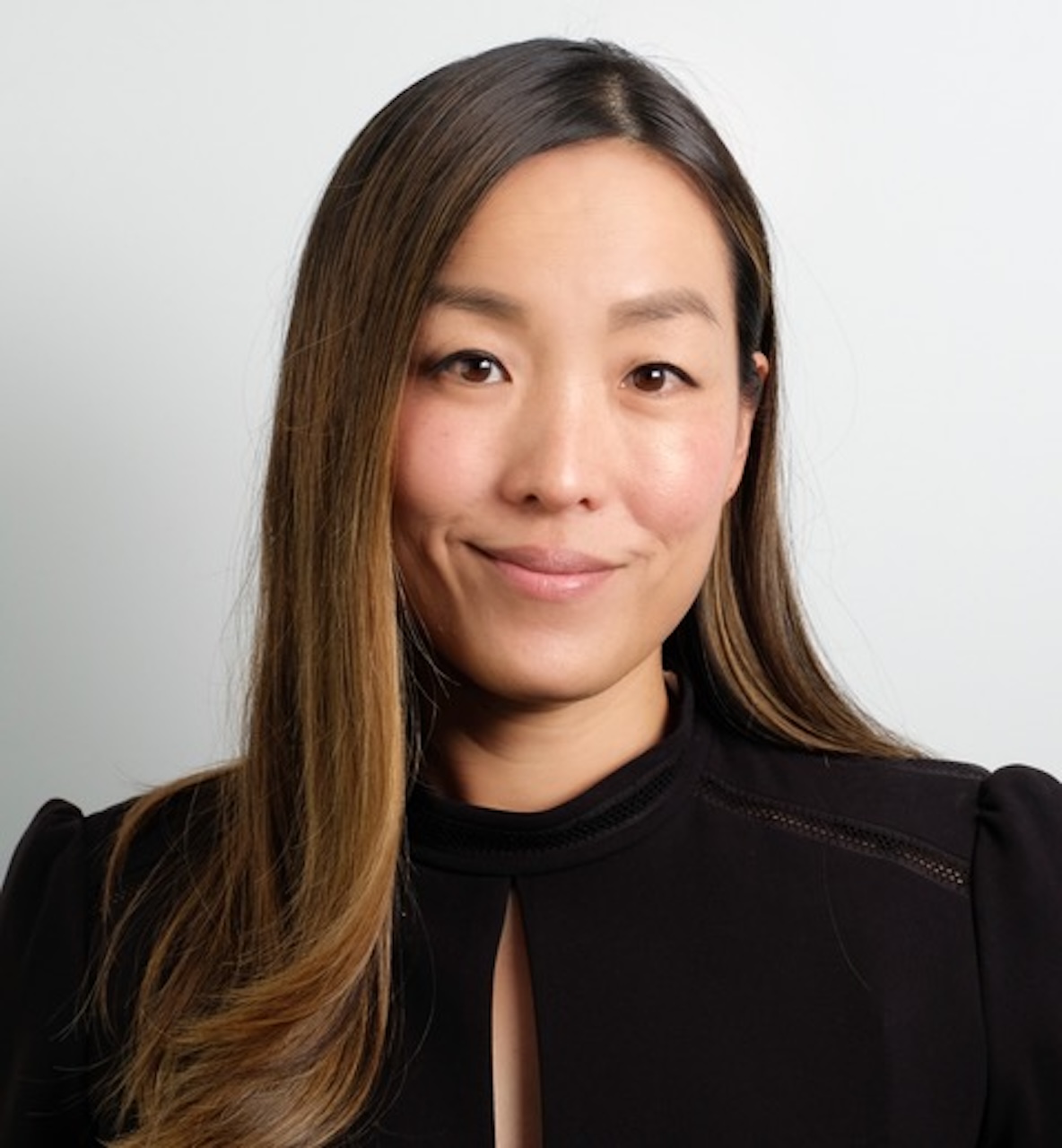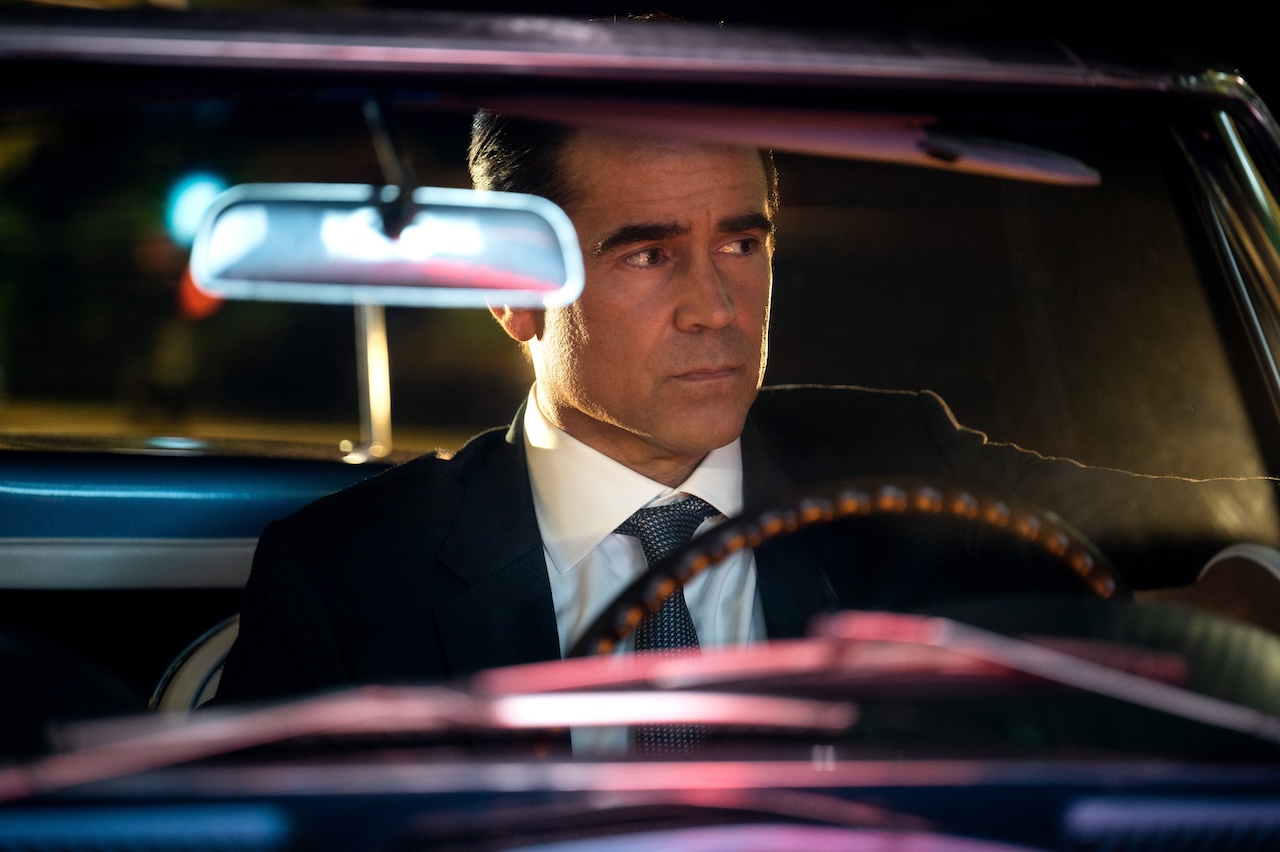When private investigator John Sugar (Colin Farrell) is hired by legendary Hollywood producer Jonathan Siegel (James Cromwell) in the wake of his granddaughter Olivia’s (Sydney Chandler) disappearance, he embarks on a mysterious journey through Tinseltown’s underbelly to find her. An avid fan of classic films himself, it’s an opportunity for Sugar to delve into a world he is already fascinated by, taking the audience with him.
Created by Mark Protosevich (The Cell, I Am Legend) and also starring Kirby, Amy Ryan and Dennis Boutsikaris, the 8-episode series is a nostalgic throwback to the private detective genre evoking classic sentiments of old Hollywood and Raymond Chandler, punctuated with some very contemporary themes for a modern audience. Executive producers Simon Kinberg and Audrey Chon spoke with Creative Screenwriting Magazine about Sugar – the series and the character – and their love of the truly creative screenwriting that set the TV show in motion.
Tell me the background to this project and how it first came to your attention.
Simon: Audrey and Mark Protosevich (the show’s creator) have known each other for a really long time. Mark had been writing the first couple of episodes of Sugar for quite a while; it was something that was his real passion project, his baby. He’d been incubating it and finally felt like it was time to share it. He luckily shared it with Audrey, who flipped out over it and gave me the scripts. I read them, immediately flipped out, and that’s how it all started – with screenplays.

Kirby (Ruby) and Colin Farrell (John Sugar). Photo courtesy of Apple TV+
What in particular stood out to you about the script?
Audrey: John Sugar, the character. Mark wrote such a distinct, unique character. He feels like a classic leading man, and has that incredible honor. At the same time, we really loved how he was thoughtful and sensitive and sweet and kind. You don’t often get to see that in film noir leads. So we felt like there was a really interesting, fascinating character to explore here for a series.
There’s an air of suspicion to almost everyone you meet in the series – tell me about the character development and John’s relationship to other figures in the story.
Simon: I think what’s interesting is that Sugar, even though he’s connected a community, is, in many ways, a solitary guy. He’s a pretty insular character. In this season, he comes into contact with this family, a family with secrets and mysteries, and buried resentments. It’s a generational story of grandfather, son and grandson, with ex- and current wives involved as well.

Simon Kinberg
In a way, it’s this great family drama, a complex, messed up family drama that he comes into, and he has different relationships with the members. He’s right not to trust certain people, but as sharp and astute as Sugar is, he can sometimes be innocent and naïve at the same time – which is a beautiful quality.
He ends up being this appendage to the Siegel family, Melanie being the one from that he gets the closest to. And that relationship becomes the central one over the span of the season and really opens him up to certain emotions he hasn’t felt before, hasn’t let himself feel, but that he’s actually very interested in feeling as a student of the human condition.
Simon, in a previous interview with us and in reference to a different series, you mention that you wanted the drama to really lead the series and the other elements to be an accelerant to it, not the other way around. Would you say Sugar is drama-driven? Is it character-driven?
Simon: I think drama and character are the same to me – versus plot. I think that this series has a great plot, a great mystery, but that it is a dramatic character-driven show. I think everything that I’ve worked on that I like the most is – Invasion is an obvious example of that. Logan is maybe my favorite of the X-Men movies, and it’s such a character-driven dramatic piece that just every now and then explodes into battle. But you could really tell it as a generational story about a guy who wants to be a dad. Anything I do, I try to approach as, “What is the version of this that could be a play on Broadway?” No visual effects and no action. I start from there and then build it to make it bigger and bigger to fill the genre, if required.
Let’s talk about the genre of this series. How did you navigate the film noir world while adding some very contemporary elements?
Audrey: The scripts were obviously a throwback to the film noir era. So when we hired Fernando Meirelles (director and executive producer) and talked about his vision and the tone and approach to the show, he really wanted to embrace the film noir aspect. But he also talked about how to make it feel as personal and intimate as possible and how to give it a modern feeling as well. All of those conversations created an approach to the show which embraced film noir but also gave it a unique top spin. From there and across the board with our department heads and in our conversations with Colin Farrell, we all aimed to create a timeless film noir, modern feeling show.

Audrey Chon
What were some of the devices you used to generate that atmosphere and bring that feeling to life?
Simon: There’s certainly a lot in the show for people who love – or are discovering for the first time – the classic Hollywood film noirs of the 40s and 50s. Some of it is in black and white. There are clips of classic movies. Sugar’s car feels like a throwback. And there’s a really great jazzy score that also evokes that period of storytelling. It goes all the way to how Sugar dresses – he’s dressed like one of those classic P.I.s, in a black suit, white shirt and black tie. There’s a formality to some of it that is the traditional, and then there is a messiness to it that is really radical and contemporary. The messiness of it stylistically was brought by Fernando Meirelles, his DP, and Fernando Stutz, his editor. The way that Fernando Meirelles shoots is very docu-style, with natural light. It’s up close in people’s faces, not composed and a master shot in perfect shadows coming through the windows like traditional film noirs.
Inserting the clips of old movies was very radical and not something that was scripted or talked about when we made the show. It was something that Fernando and his editor just came up with during post-production without telling anyone. And then he showed us and we were blown away by it. On the one hand, it was really nostalgic and beautiful. On the other hand, it felt really raw and radical; it’s a technique that people don’t really use on television.
What role does the city of LA play in the show? Would this have worked the same way in another setting?
Audrey: The city of LA is really a character in the show. Mark wrote it that way – it’s a love letter to Hollywood and classic films in many ways. But also, we’re from Los Angeles, Mark’s from Los Angeles, and we wanted to explore the city in a way that it hasn’t been explored before. We wanted to show the glamorous parts of LA you’re used to seeing, whether that was Sunset Blvd. or Griffith Park or any of the iconic places in the city. But also the other parts of LA that you don’t often see, the neighborhoods you’re not often trafficking in through cinema. We wanted to really give audiences a holistic sense of the city, which I think we’re able to do. It was very much embedded in our approach to shooting here, and I don’t think we could have shot anywhere else, given what the story is.
Without revealing any plot details, can you comment on the creativity of Mark’s story? What do you look for in the scripts that you decide to produce?
Simon: Certainly one of the things we loved about those scripts when we first read them was that they were uniquely toned. That the voice felt like it was unlike others within the genre, or anything else that we’d read.
Sometimes, like in the case of Sugar, part of the appeal is the opportunity to do a lot of different things at the same time. That can be a cross pollination of worlds that you’re exploring, or genres that you’re mashing up together. Or just characters that feel like they wouldn’t necessarily belong together in any other story. Just a uniqueness overall. I would say that is the thing for us and for me that I look for – is there a character that I really think is unique and fresh and different, but still relatable and real? And is it doing something interesting and innovative in whatever genre it happens to live in?
[More: “Drama First. Aliens Second.” Simon Kinberg Talks ‘Invasion’]

